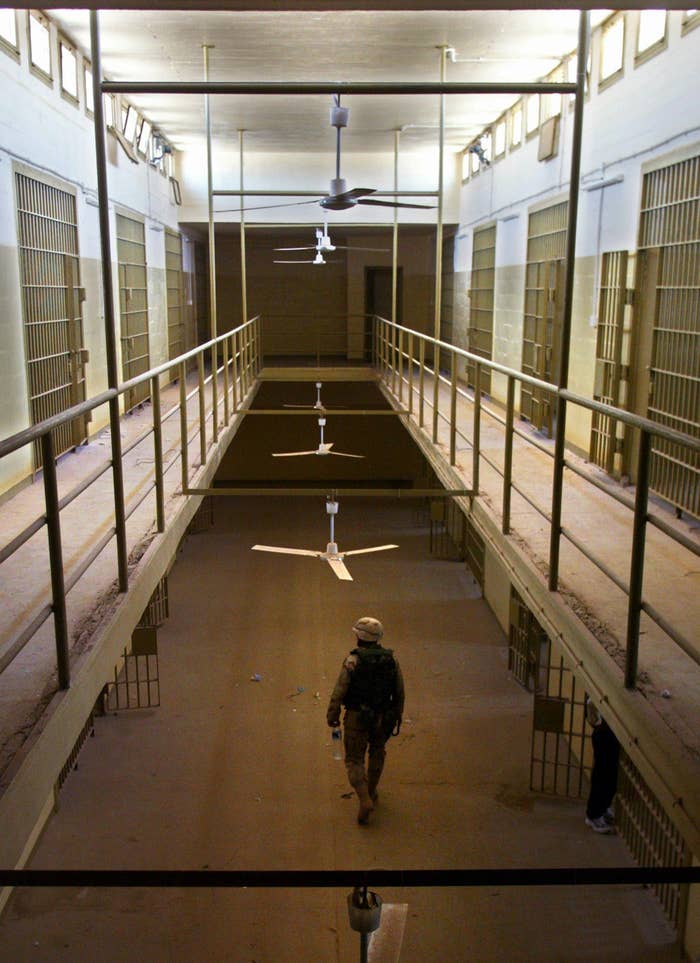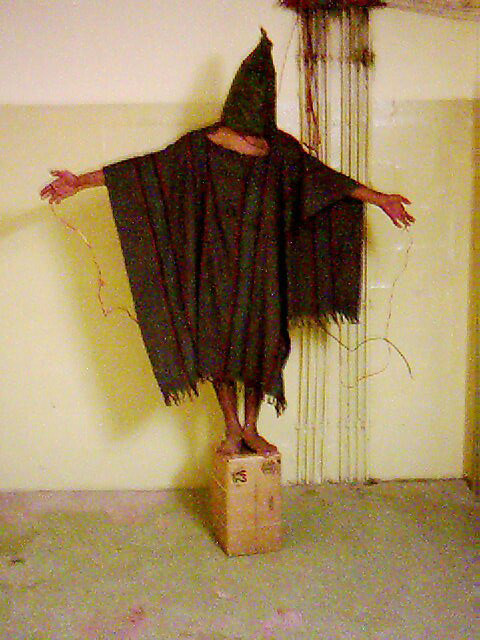
Dozens of pictures showing prisoners being abused by U.S. personnel in Iraq and Afghanistan must be released, a judge ruled Friday.
The government, which has been fighting the release of the images in court for more than decade, has 60 days to decide whether to appeal the ruling by U.S. District Judge Alvin Hellerstein:
Accordingly, judgement is hereby entered in favor of Plaintiff. The Government is required to disclose each and all the photographs responsive to Plaintiff's FOIA request, unless it moves promptly to cure its failure to submit an individualized certification.
The American Civil Liberties Union (ACLU) filed the lawsuit in June 2004, citing the need to hold the government accountable after reports of prisoner abuse emerged.
ACLU attorneys in their court filings referenced the abuse of detainees in Abu Ghraib, where pictures of the abuse sparked international outrage.
"Photographs and videos leaked to the press have established beyond any doubt that detainees held in Iraq have been subjected to humiliating and degrading treatment," attorneys wrote in their original complaint.
Government officials have argued that releasing the photos could incite attacks against the U.S. A law passed in 2009 would allow the images to remain secret if the secretary of defense certifies that releasing them would endanger U.S. citizens, the Associated Press reported.
But in his ruling filed on Friday, Hellerstein said the Department of Defense failed to provide specific details of the threat.

Hellerstein also pointed out in his ruling that the government knew for several months that the secretary of defense certification for the pictures was insufficient. The government had also been given time to reissue the certification for each of the pictures, he noted.
But Hellerstein said the government's decision not to address the certification of the images appeared to be a "'sophisticated ability to obtain a very substantial delay,' tending to defeat [the Freedom of Information Act's] purpose."
According to the Associated Press, the government has said in court filings there are 29 relevant pictures from seven sites in Iraq and Afghanistan.
But in an earlier ruling in the case, Hellerstein said there may be hundreds more.
